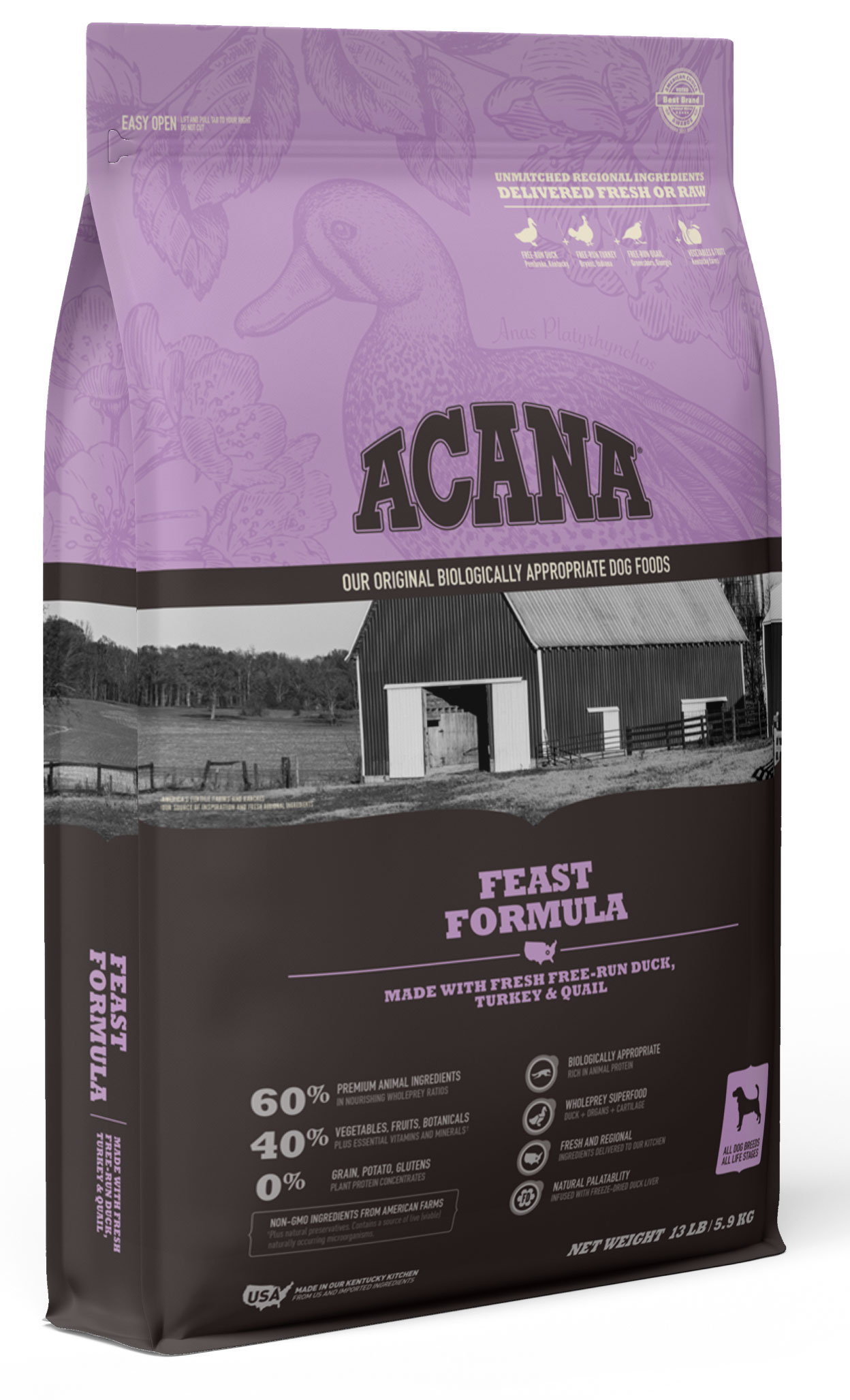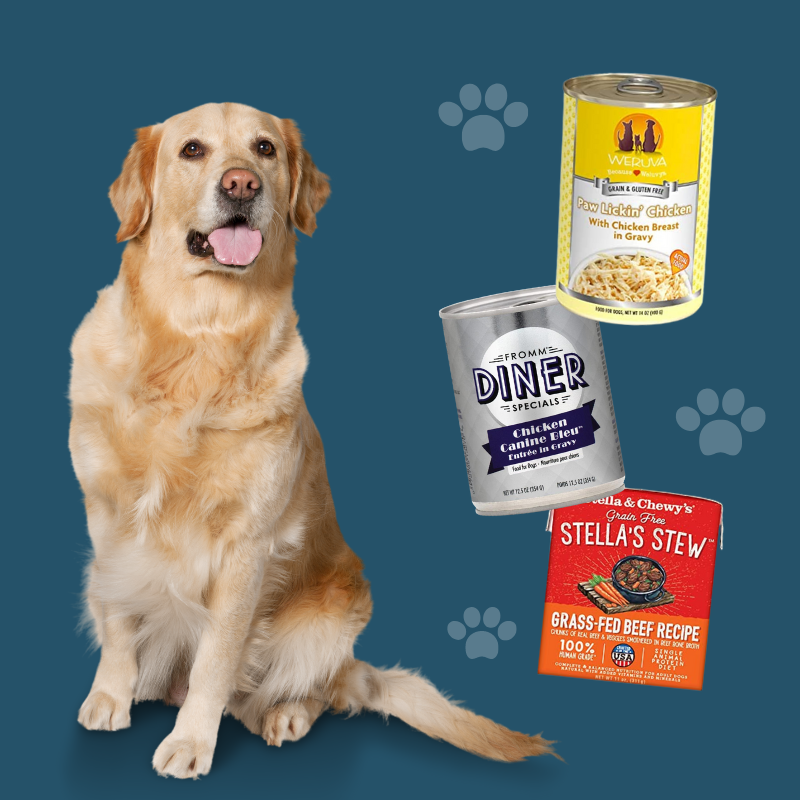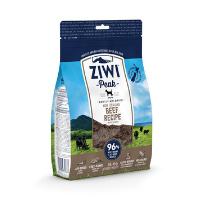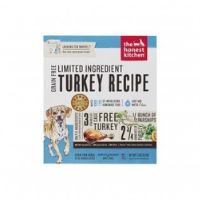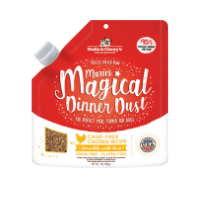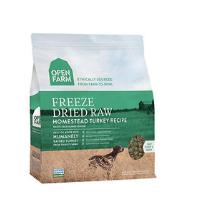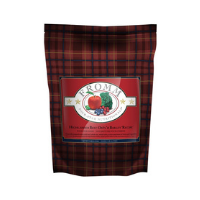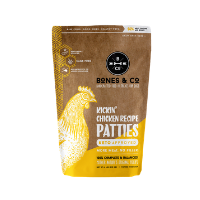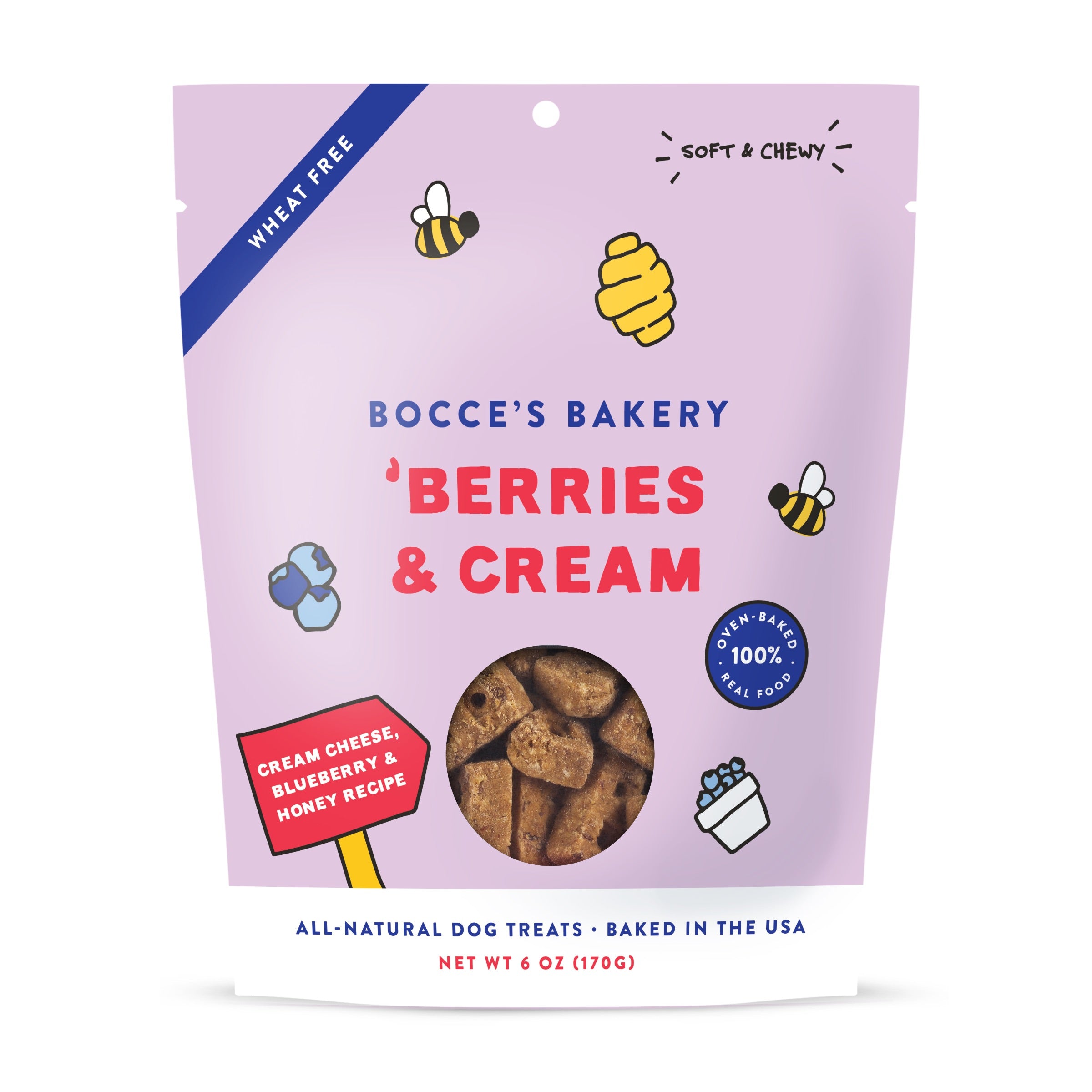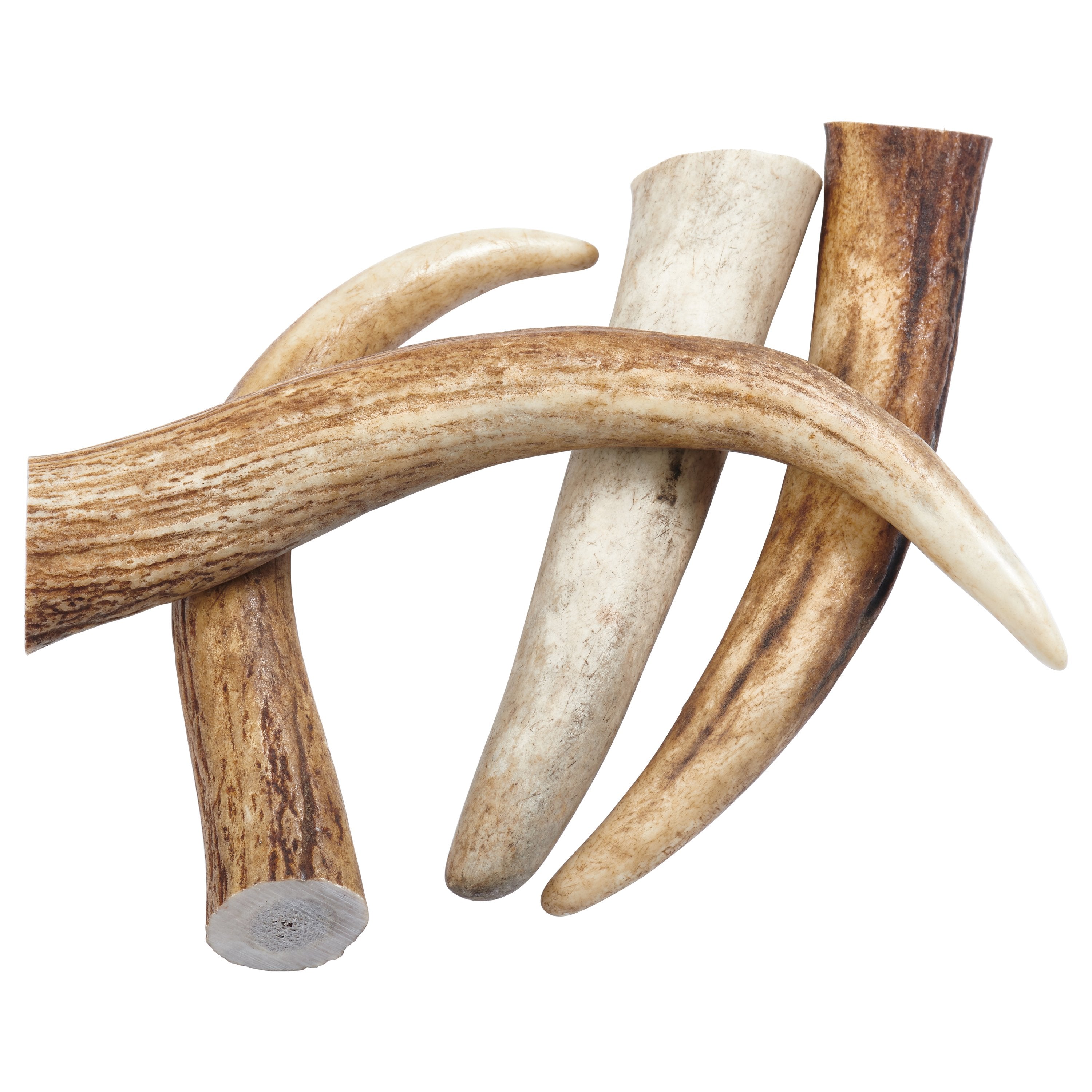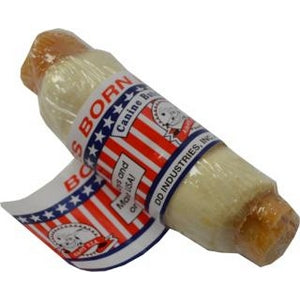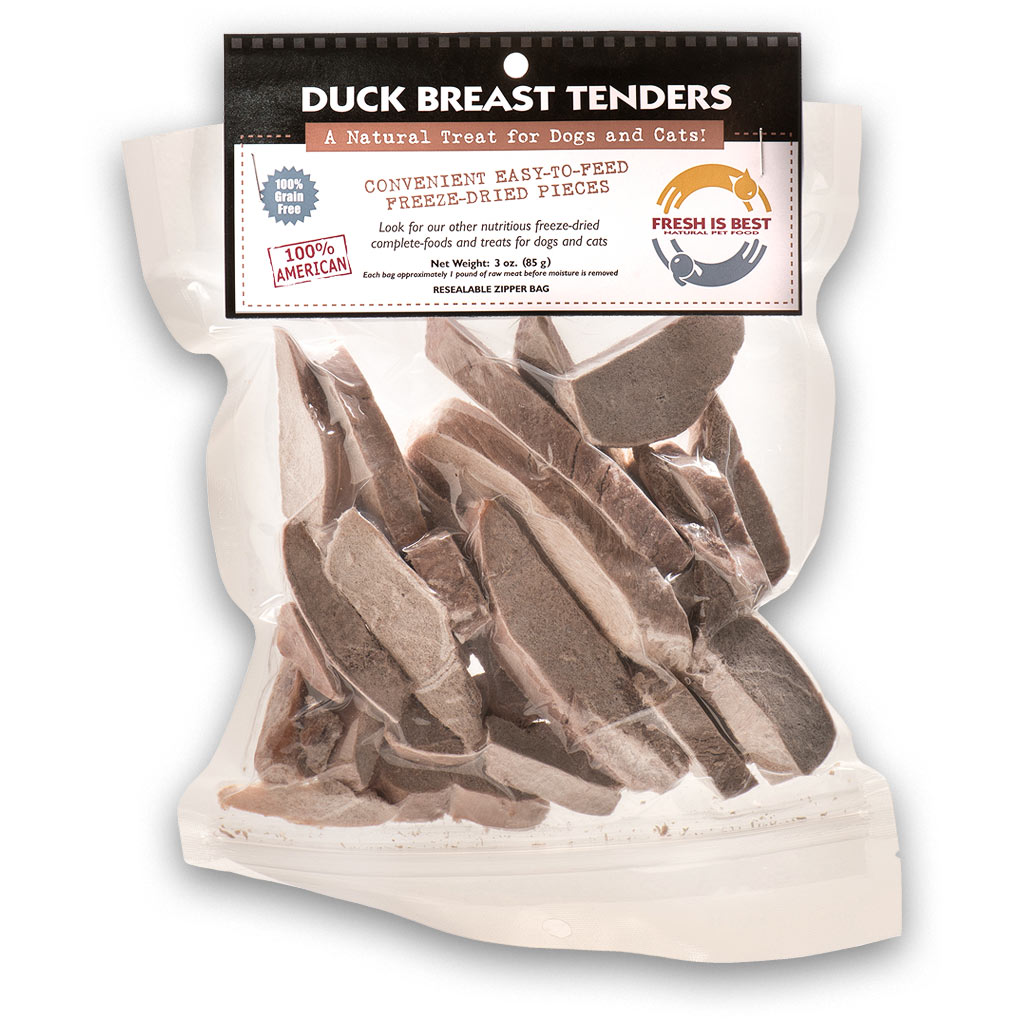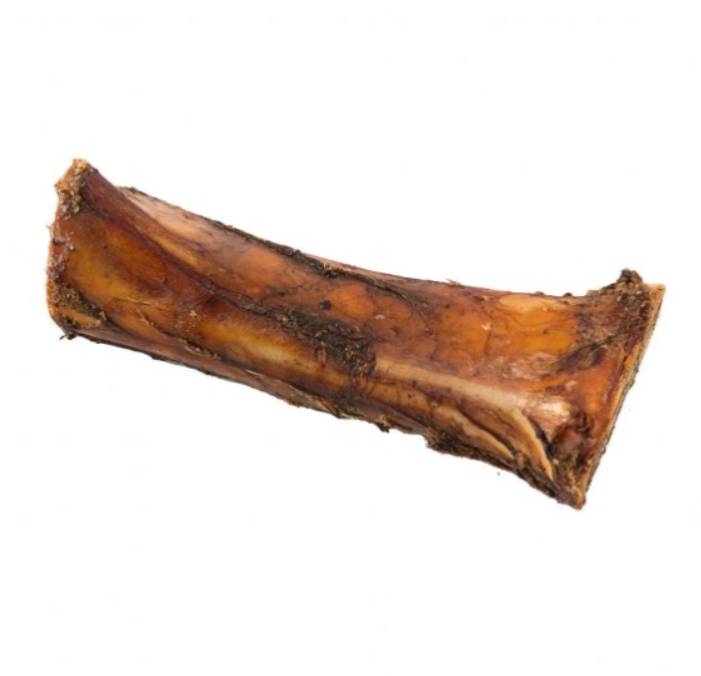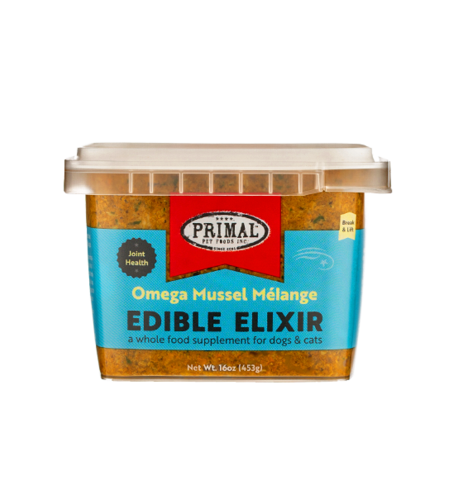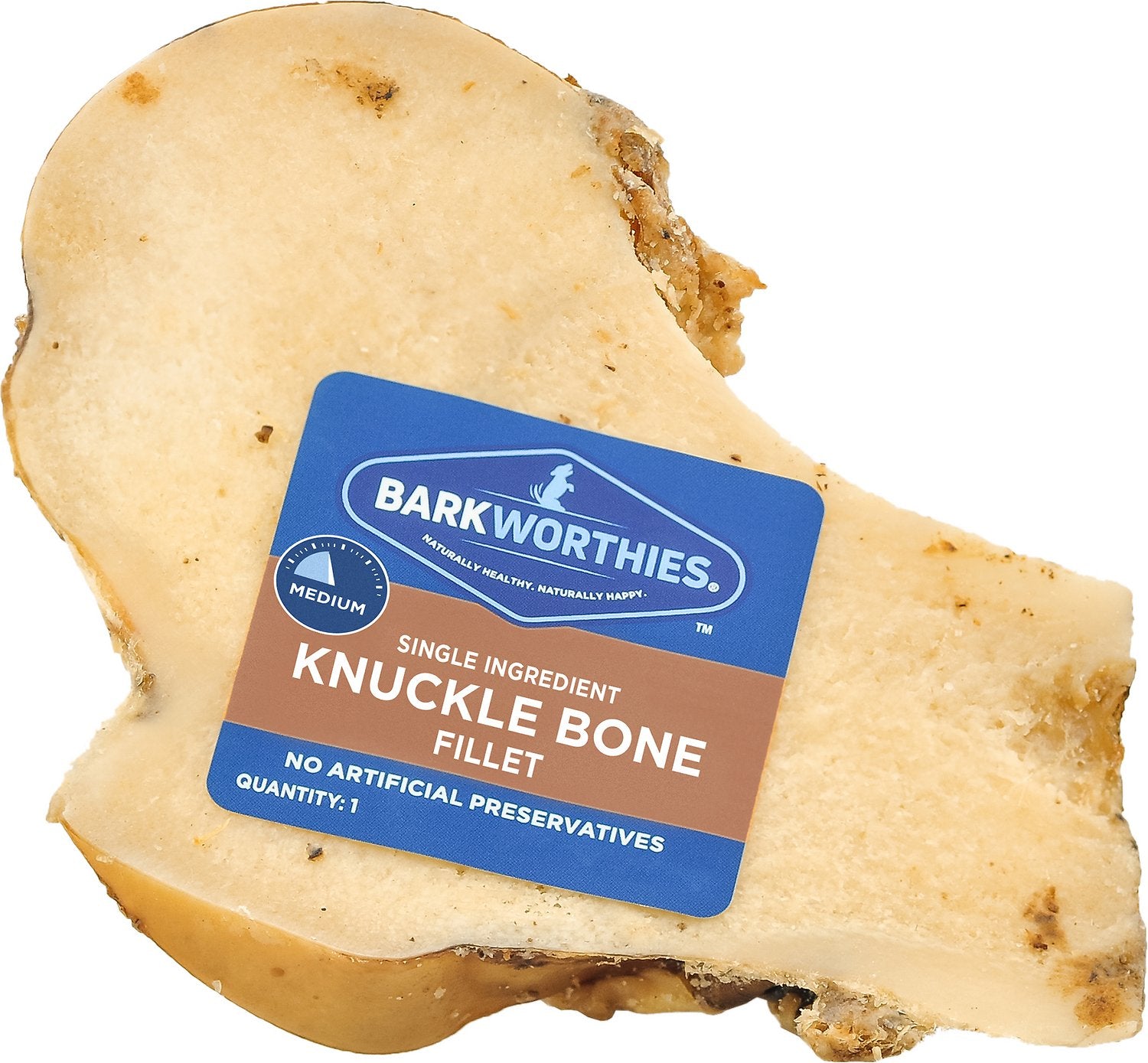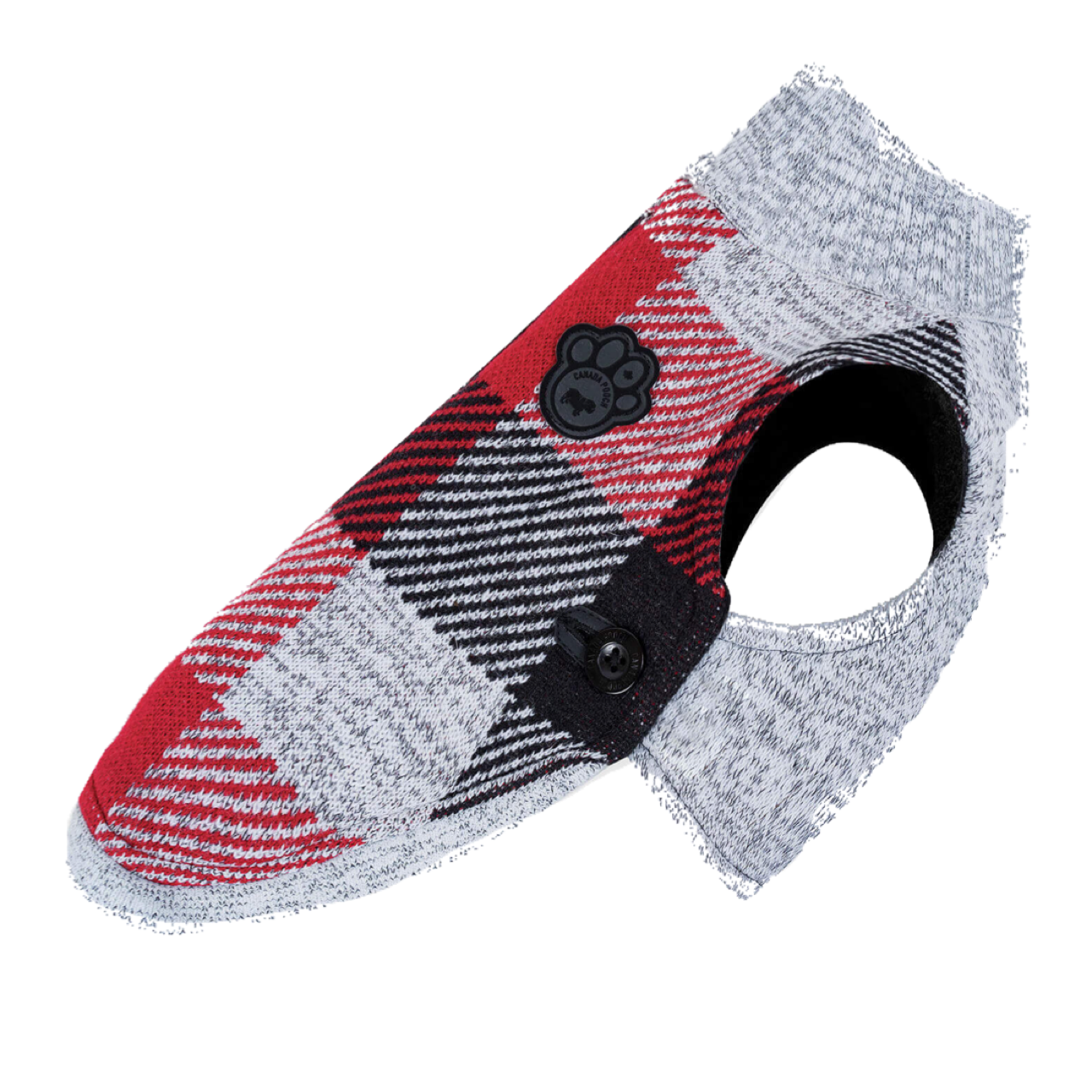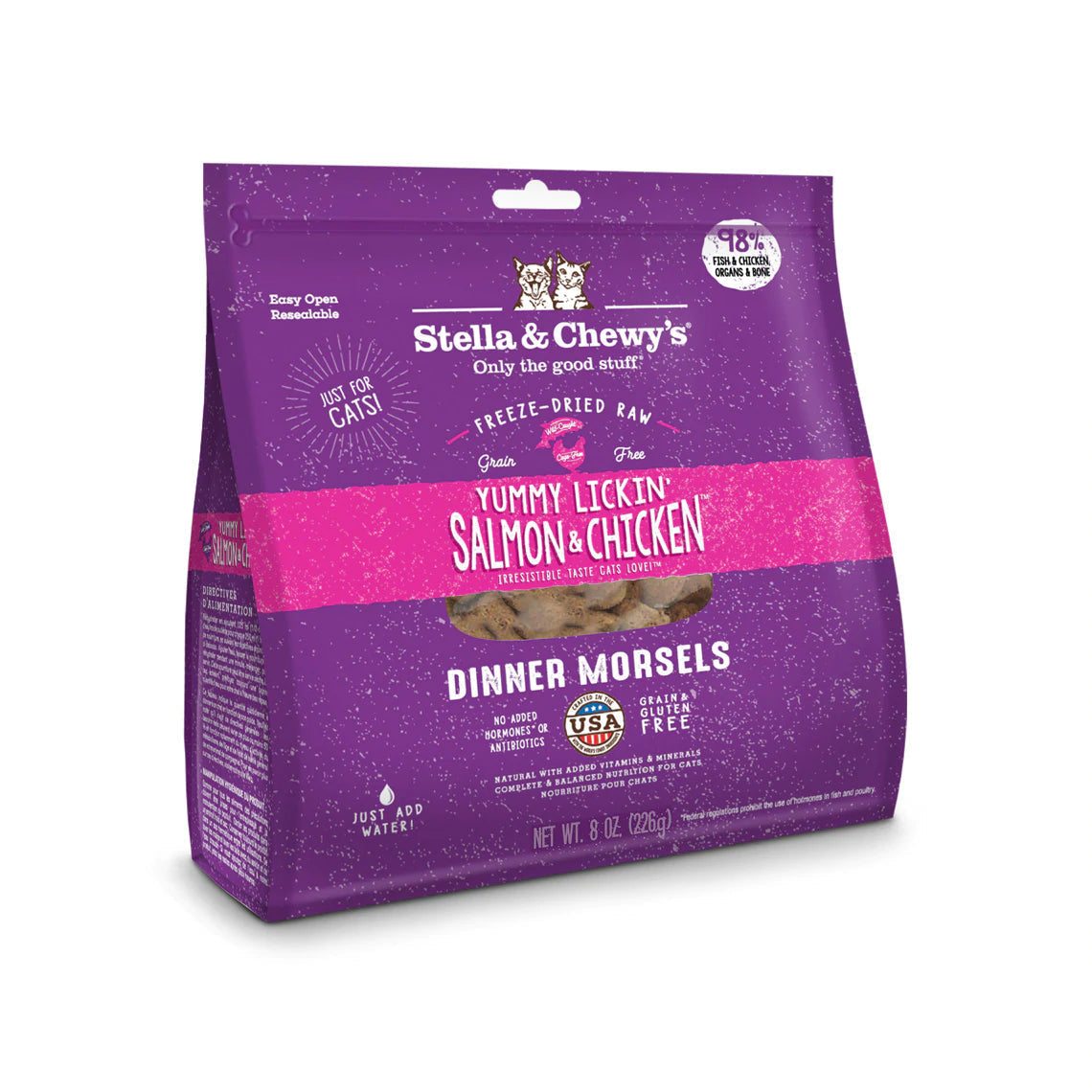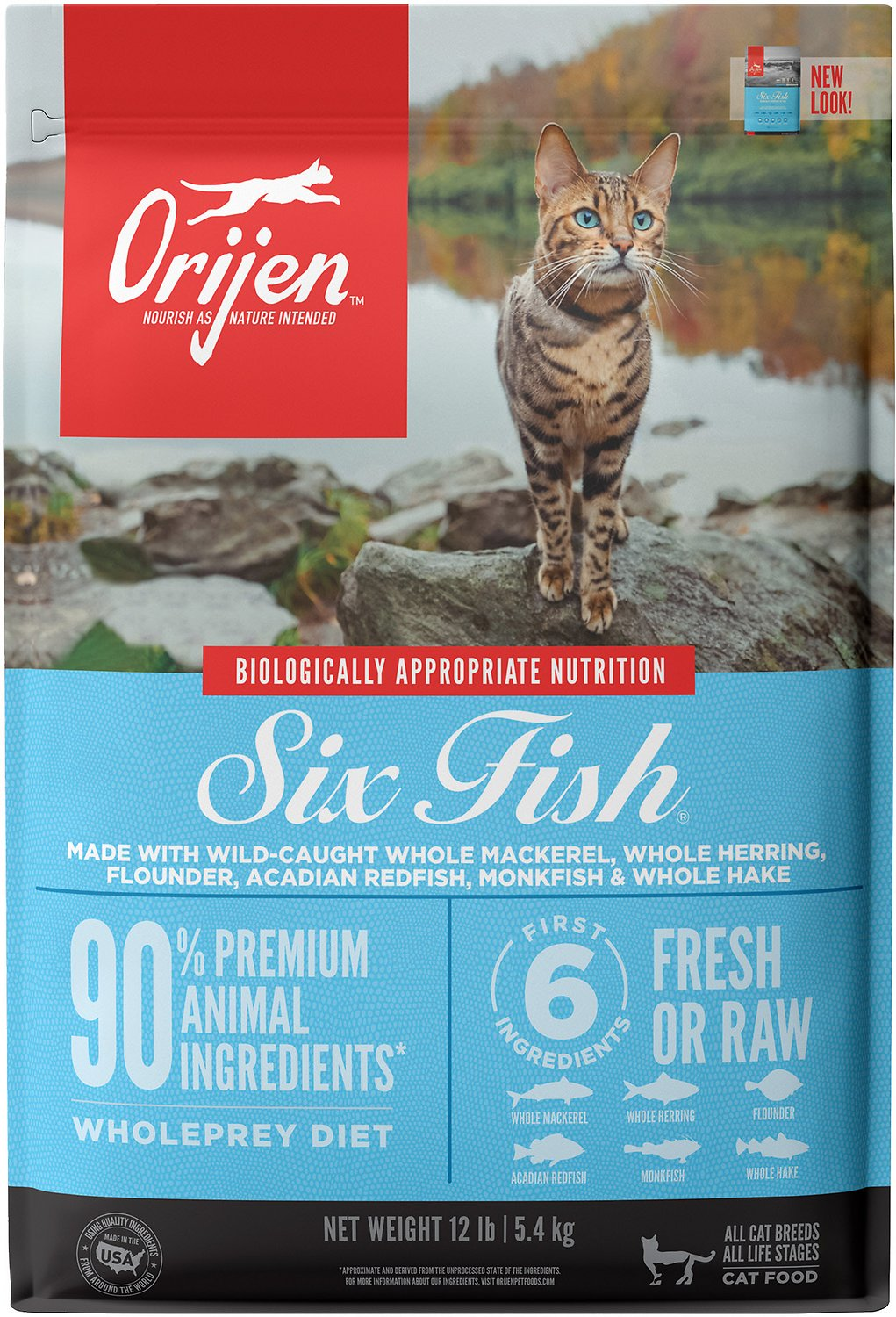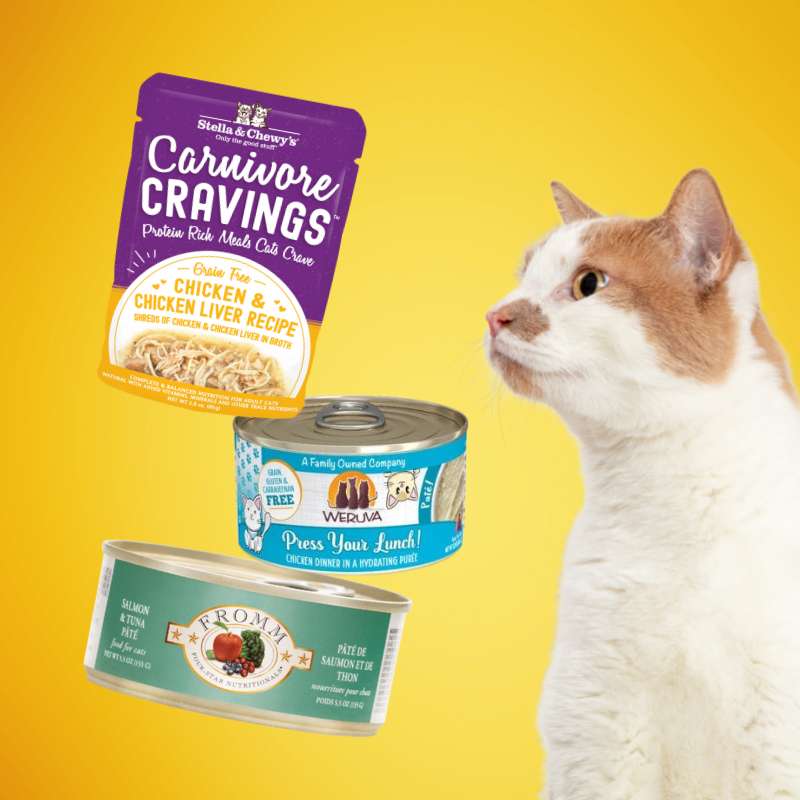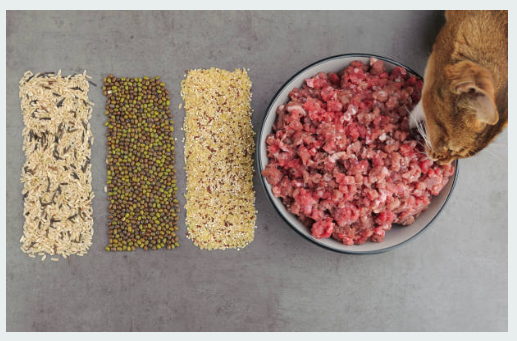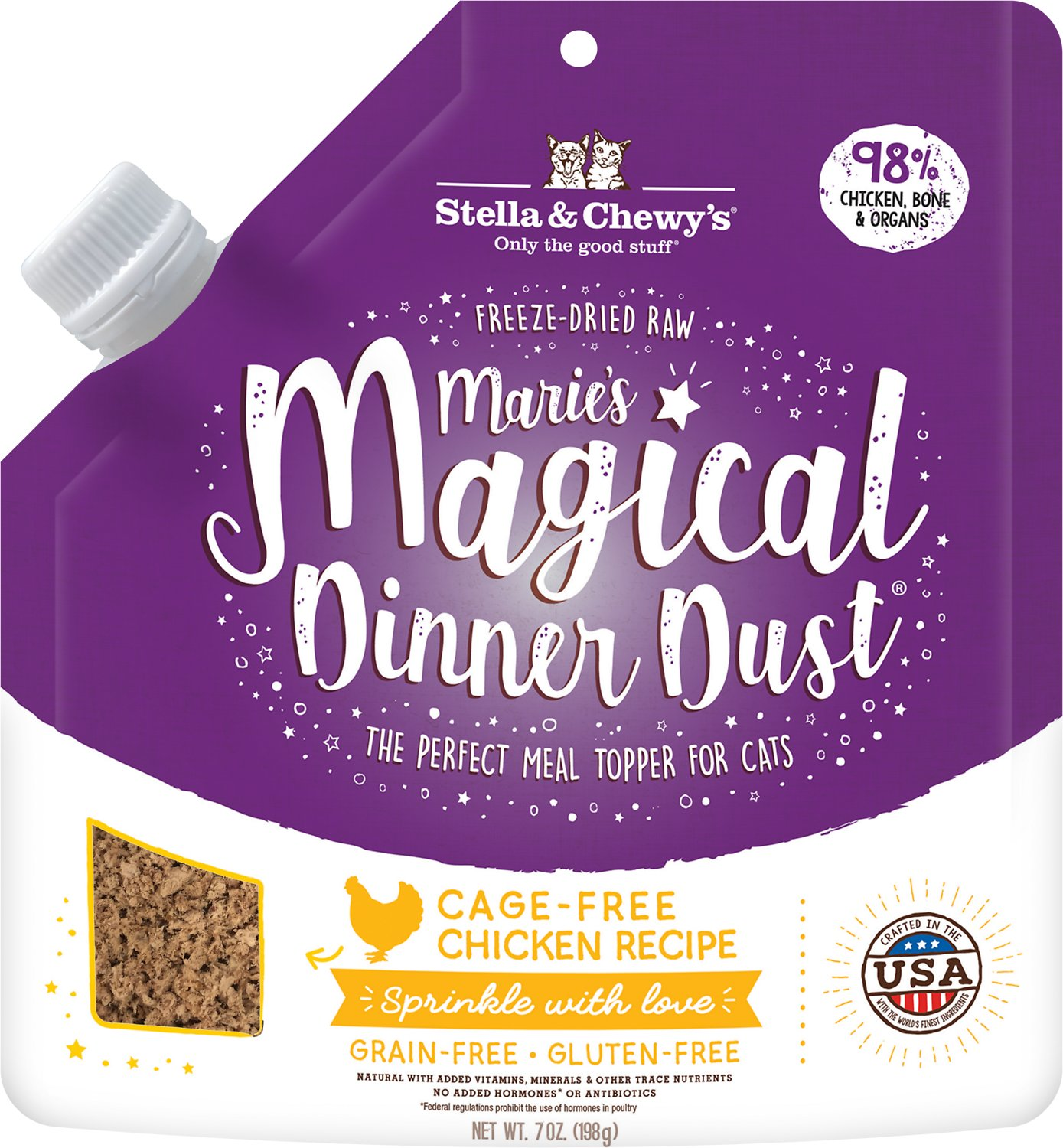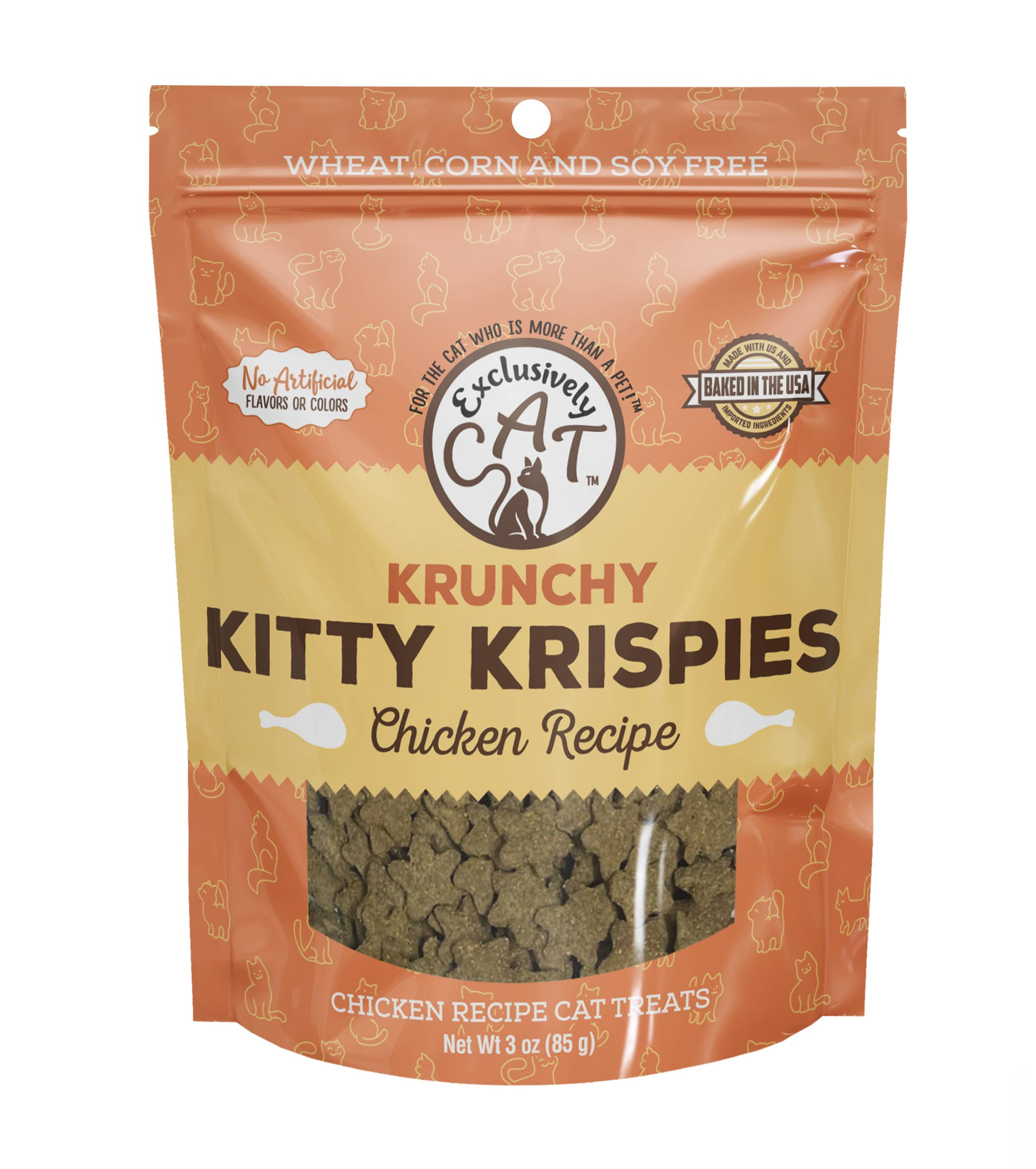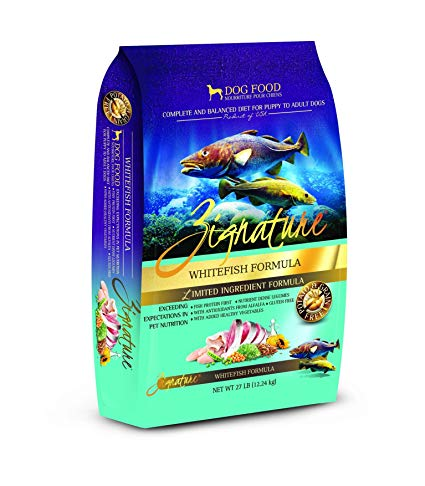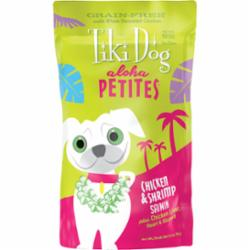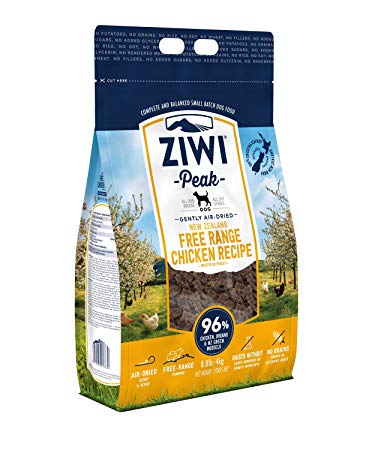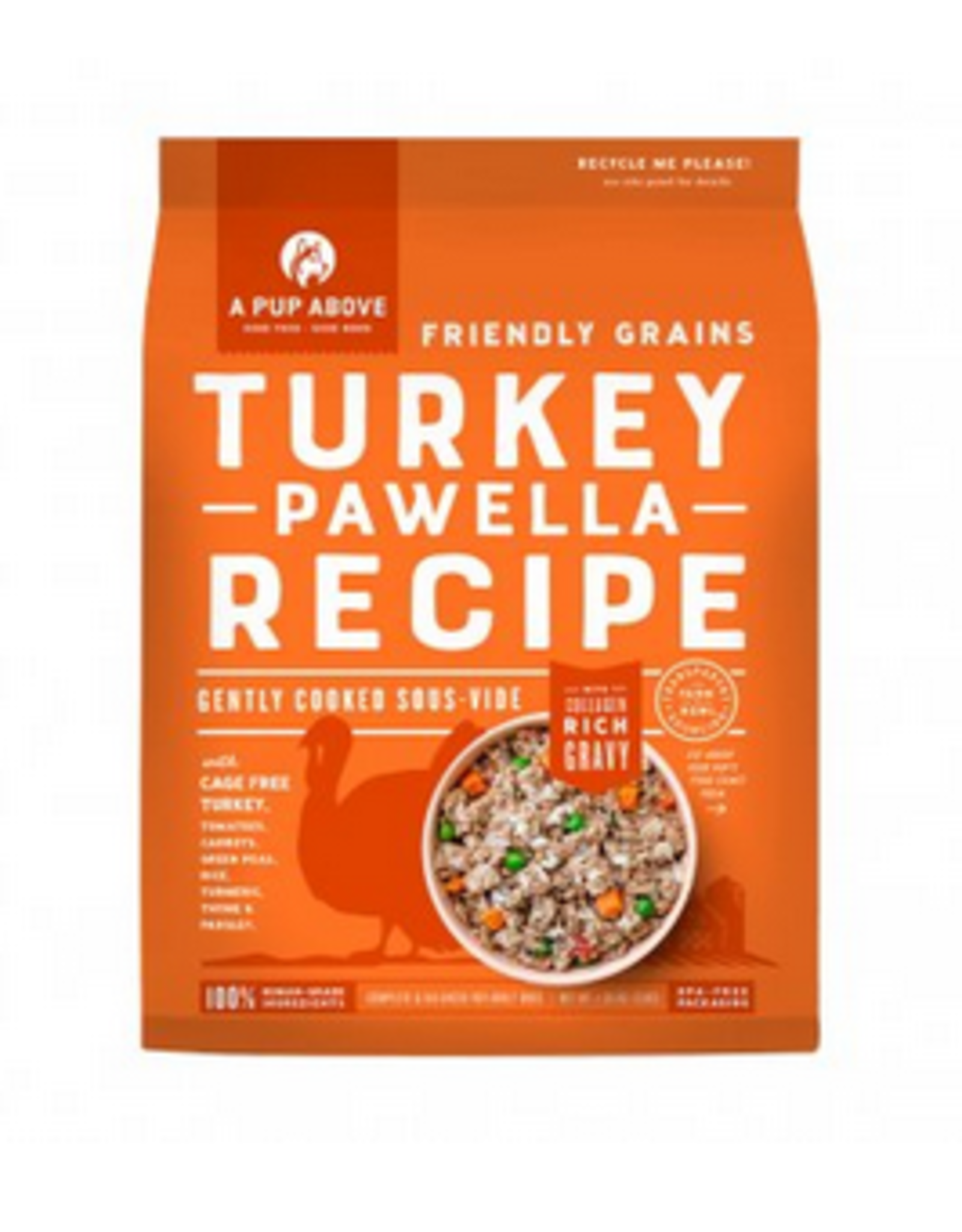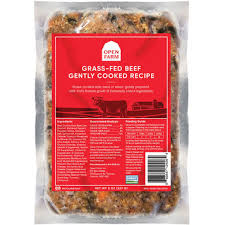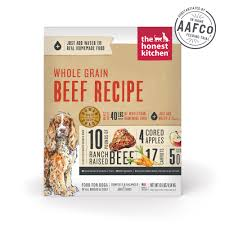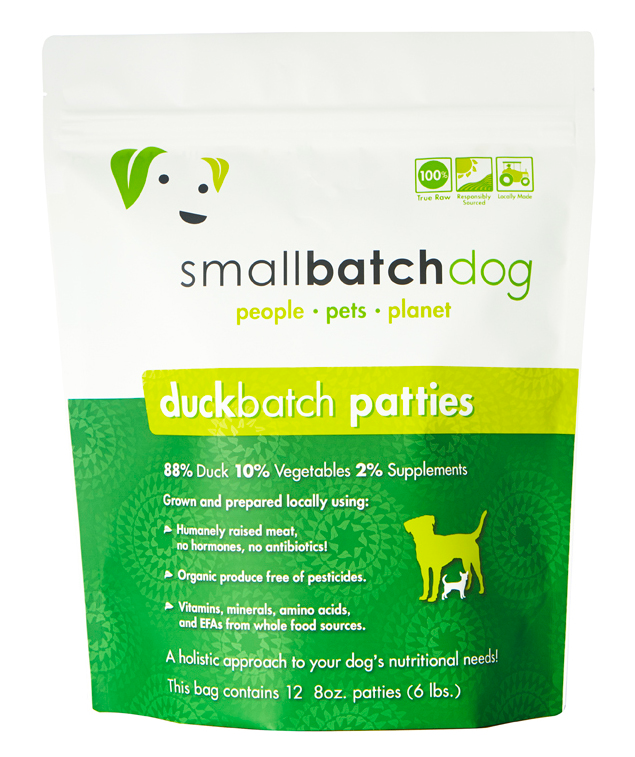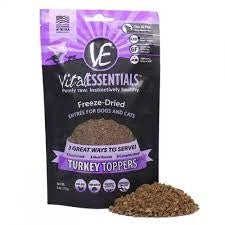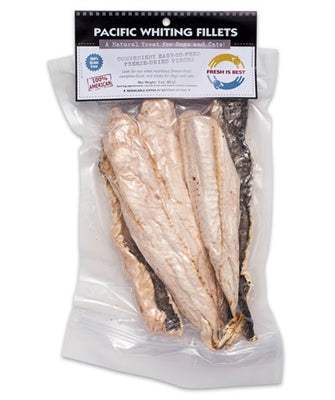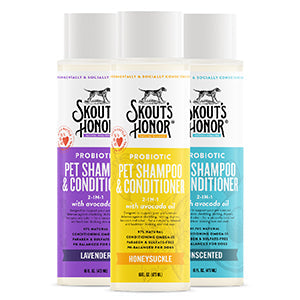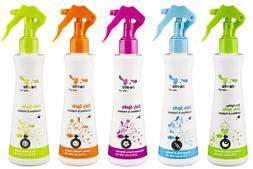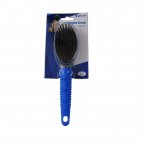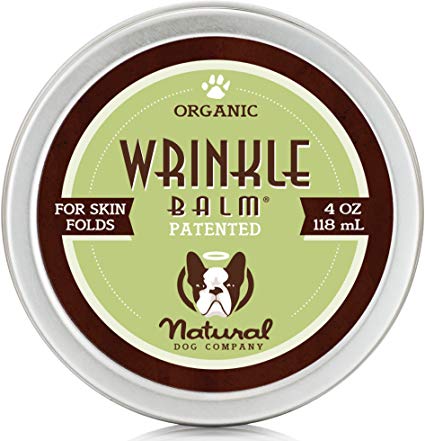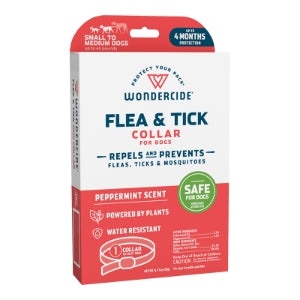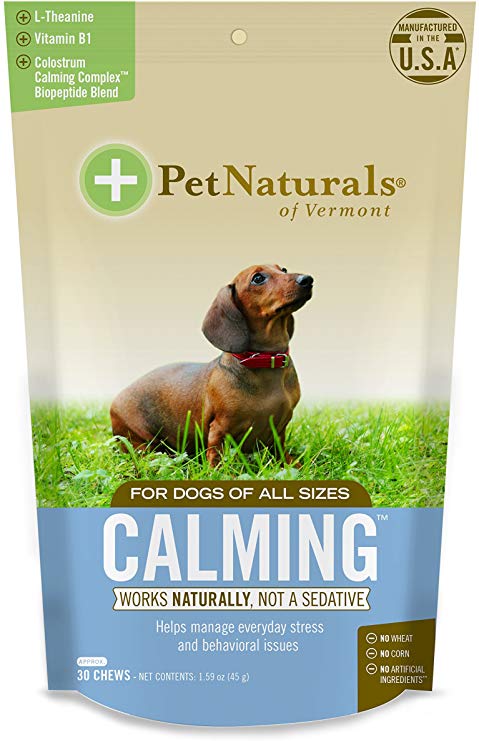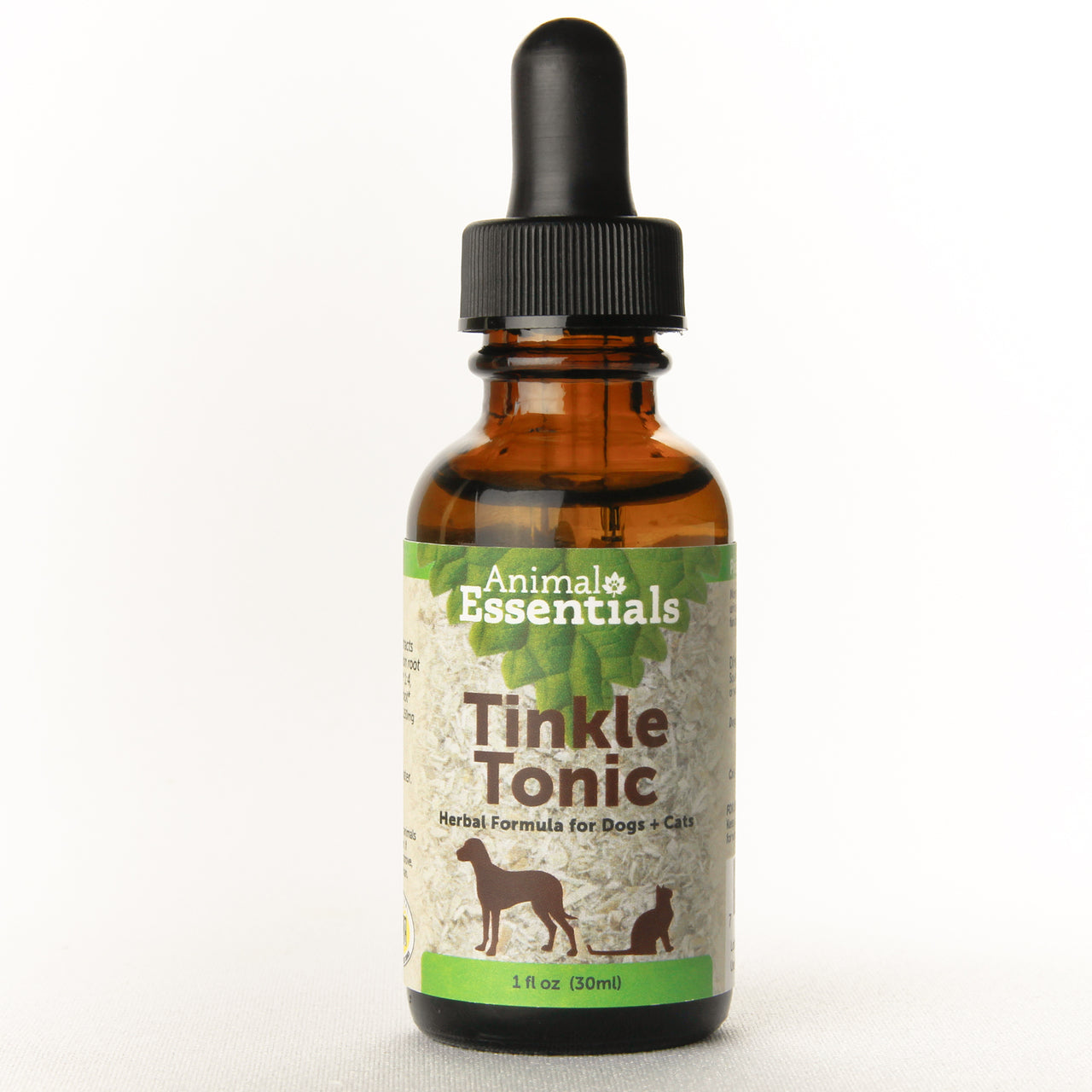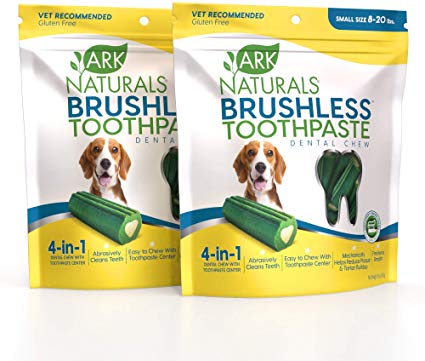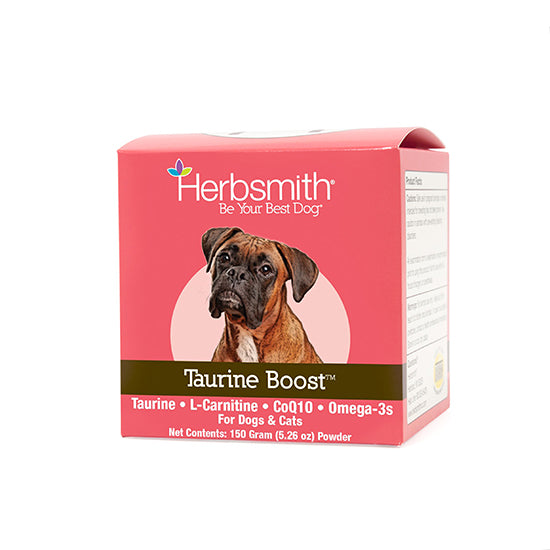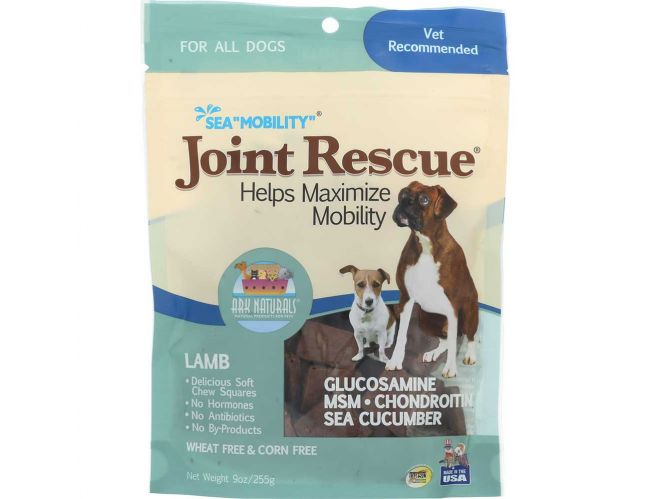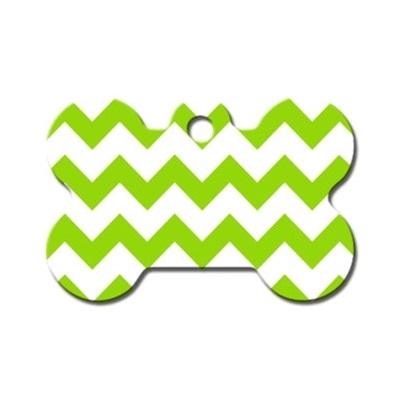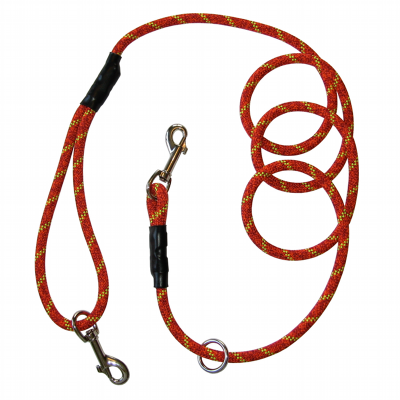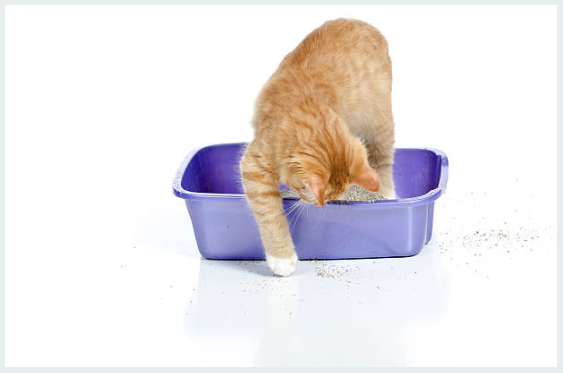With so much changing & confusing information circulating about pets and the COVID-19 virus, it’s natural to feel a bit anxious.
We’re here to help.
Below is a list of answers to frequently asked questions and concerns about pet parenting during this difficult time.
Do any pets have the virus?
- According to the Center For Disease Control (CDC), no animals in the US have been identified with the coronavirus. There is one reported “weak positive” result on a dog in Hong Kong whose owner tested positive for the virus. The weak positive result could be from an infection, environmental contamination, cross-reactivity, or problems with the test itself. Officials report the dog has no clinical signs of the illness and is currently in quarantine.
Can pets get or transmit coronavirus?
- The CDC and several international health organizations have not expressed concern about transmitting the virus to and from pets. Domestic animals are not considered at risk for contracting the virus.
Can the virus be spread through pet food and products?
- There is no evidence to support the transmission of the virus on products through the shipping process and there are no reported cases in the US associated with imported goods of any kind. Most of our food products are produced domestically and none of them contain ingredients originating in China.
Could there be a shortage of stuff I need for my pet?
- The American Veterinary Medical Association (AVMA) and the FDA are working to identify any potential supply shortages. No animal drug or medical supply companies have reported any shortages, however, there have been some claims of supply chain disruptions which could eventually lead to issues. You can keep updated here.
What should I do if I am sick or tested positive?
- If you are sick, minimize the contact you have with your pet. Be diligent in washing your hands before and after handling your pet, touching their food, and managing their supplies. Hygiene in and around the house is always important, but more so now than ever. Clean commonly used areas with disinfectant spray or wipes. And if you see any changes in your pet’s health, consult your vet right away.
What can I do to prepare for an emergency?
- You should always include your pets in any worst-case emergency preparedness planning. At a minimum, you should have at least an additional 2-week supply of food, supplies and medicine on hand. If you’re quarantined, you’ll need to spend 14 days at home.
What are some other good resources of information?
- For in-depth coverage and updates on everything related to the coronavirus, check the Center For Disease Control (CDC) website here.
- The Worldwide Health Organization (WHO) has excellent global coverage of the outbreak. Learn more here.
- As mentioned above, the AVMA covers animal-related topics and can be found here.
At this point, it doesn’t appear you should be overly worried about the health of your companion pets. We will continue to monitor the situation and supply any necessary updates to our community.
Please take good care of yourself and your family and let’s work together to contain the spread of this virus.



